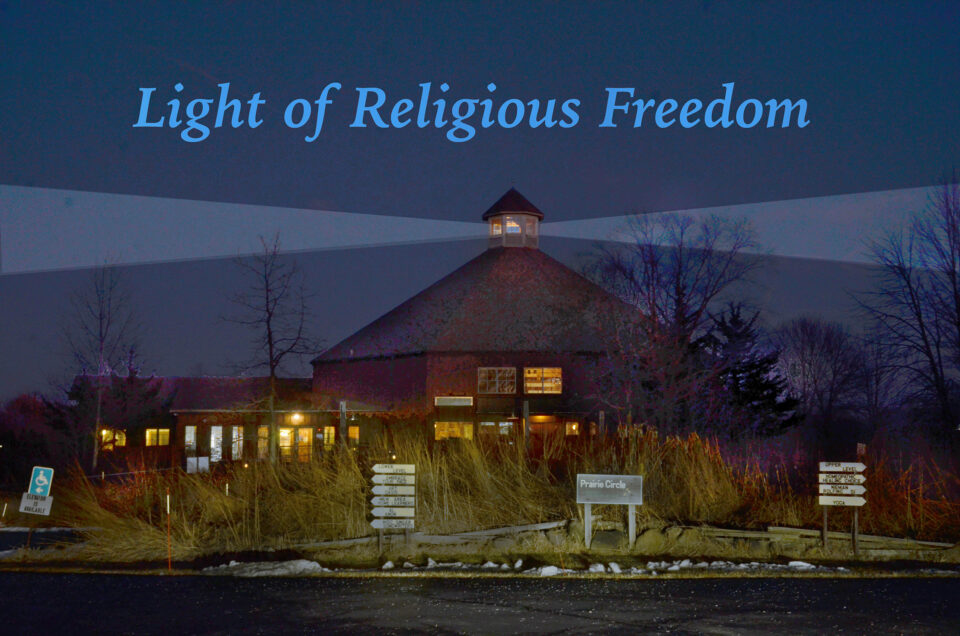Parson to Person: “It Is Not What Paris Gives You,” August 14, 2020
Gertrude Stein once made an interesting statement about the capital of France. “It is not what Paris gives you,” she wrote. “It is what she does not take away.”
I came across the quotation some time ago and thought about how I (we?) usually think about things: “What can I get out of this?” I ask. Or “What did he do for me?” Or maybe “Will it be worth my while to go to that?” Or even “What’s the bottom line here?”
But there’s another way to see things too–not so much what we get from them, but what we don’t get.
I think of my father in this regard. As you may recall from my sermon on Father’s Day, for much of my life I thought about how often he didn’t have time for me and my brothers growing up, how he could easily get angry over what seemed to be minor things, and how strict he could be in his discipline. But I also came to realize there were things my dad didn’t do, for which I am now grateful: He didn’t berate me for not being good at sports and other “boy” things (as I have since learned many other dads did); he didn’t belittle my attempts at art and music; he never got drunk or quit working; he didn’t disown me when he found out I was gay.
It’s not just what people give you, I’ve learned. It’s what they don’t take away.
The same could be said about many other things, I think. Like one’s church or religion. Unitarian Universalism may not give me firm and final answers to all my questions, but it doesn’t take away my freedom to doubt those answers or ask those questions. It may not give me a community of people who all believe the same way I do about God, afterlife, and other spiritual topics; but it doesn’t take away my right to change my beliefs–or to hold a minority opinion.
Are there people or things in your life that you have usually thought about only in terms of what they give, or will give, or have given? Perhaps you will take a page from Gertrude Stein and see it is not just what Paris gives you, but what she doesn’t take away.
peace and unrest (I give you peace, but I don’t take away unrest!)
tony


